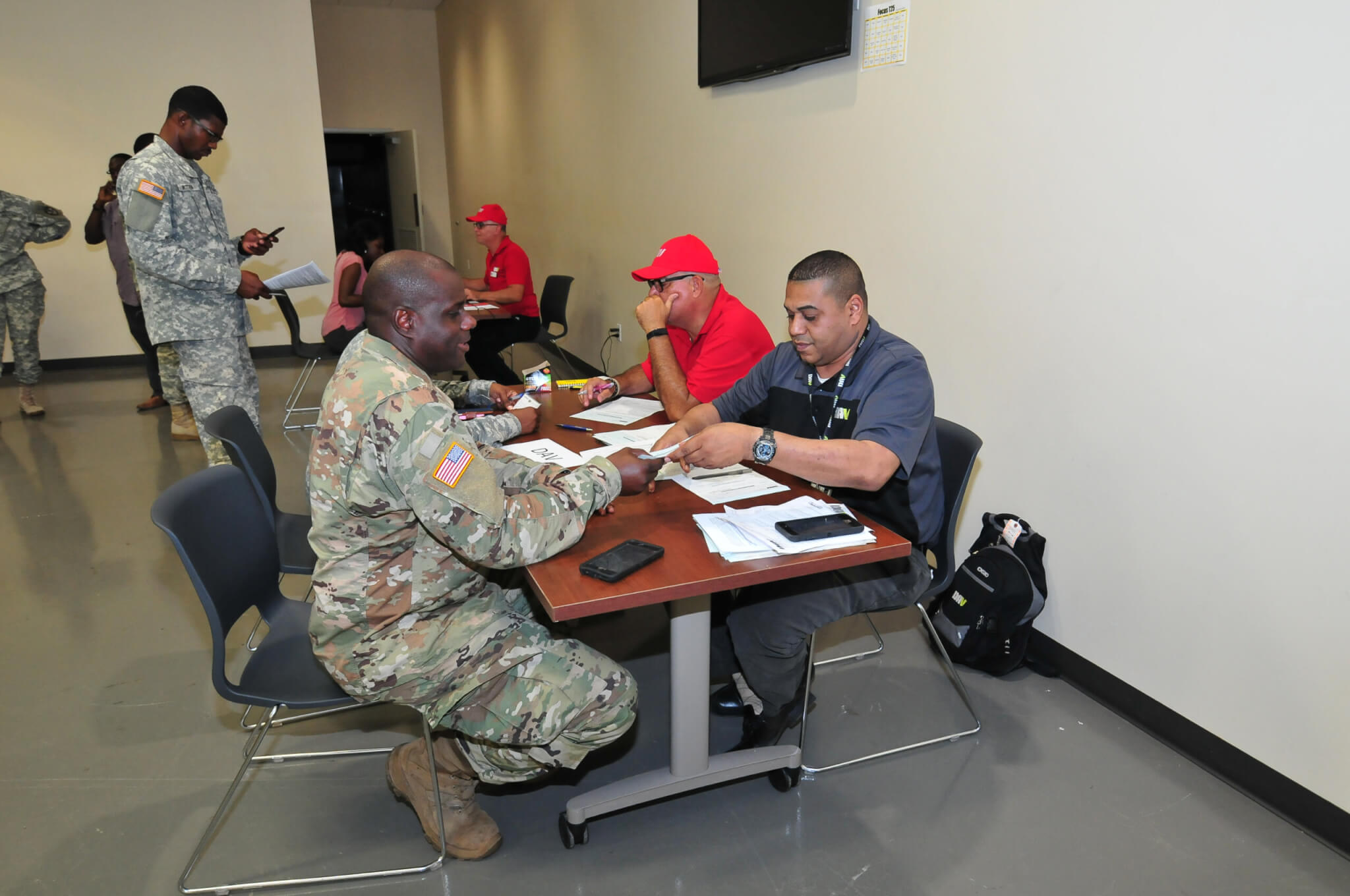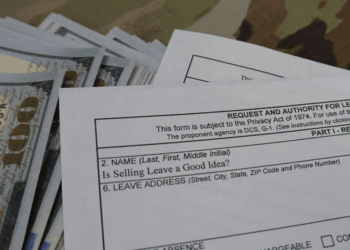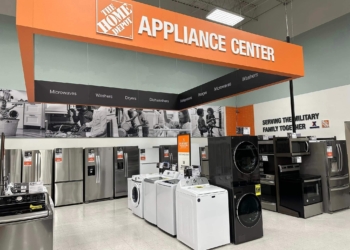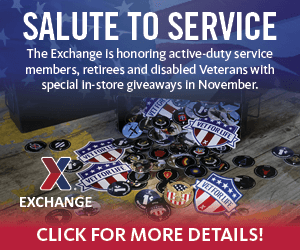If there’s one thing veterans who have completed their military transition know, it’s that the Department of Veterans Affairs disability process is anything but straightforward. From a maze of paperwork to the complexities of disability ratings, veterans hope to leave the process with a rating that accurately reflects their service-related injuries.
And if they don’t? A more confusing and challenging path awaits: appeal and reconsideration, the system used by veterans who disagree with their VA rating or believe it should be changed after a decision.
Fortunately, veterans don’t have to navigate the process alone, said officials with a nonprofit dedicated to helping former military members with medical support and Veterans Affairs processes. Several nonprofits offer such free expertise and guidance. All veterans have to do, they said, is ask.
Disabled American Veterans (DAV) is one of a handful of veteran service organizations, or VSOs, officially recognized by the VA as accredited to represent veterans in the disability rating process. They and similar groups, including the American Legion and Veterans of Foreign Wars (VFW), help veterans navigate the path of appeals and updates.
When it comes to appeals, things get complicated quickly, said Steven Wolf, an assistant national service director for DAV. Getting help from someone who understands the system is key, he says, and can shorten the appeal timeline from years to months.
RELATED: A warning to veterans: Don’t waste thousands of dollars working with PACT Act claims sharks
“An appeal can be very confusing because the VA uses certain forms for everything,” he said. “That’s why it’s so important for veterans to work with a veteran service officer.”
Each step in the process, from form selection to appeal type, depends on a number of factors, including the veteran’s timeline and the specific issue. Has more than one year passed since the initial rating? Is the medical condition considered a “presumptive” by the VA? Does the case require higher-level review? Should it go to the Board of Veterans’ Appeals? The possibilities seem endless.
Wolf said finding a VSO or an accredited benefits attorney or claims agent is easy, and the VA has a directory on its website. Wolf recommends veterans start with a VSO because those services are completely free, while other accredited individuals may charge a fee. At DAV, all national service officers who help with claims are also disabled veterans who have been through the system themselves, he said.
But more important than which organization a veteran uses to file a claim, Wolf said, is avoiding certain others. The disability claims world is a prime target for scammers and “claims sharks” who prey on veterans, often seeking a portion of their disability award or charging excessive fees to help with a claim, he said.
“Claims sharks are not accredited — and they’re actually breaking the law,” Wolf warned. “The mindset is sometimes, if I’m paying someone, it’s like I’m paying the best attorney, and they’re going to be better at it. That’s not the case.”
Wolf said veterans should be especially wary of any organization or individual who asks them to sign a contract. They should also make sure the organization they use is the one they intend, he said. For example, a scam might use the name “American Disabled Veterans,” which sounds similar to DAV.
“People will try to get money that way,” he said. “Just like with any other scam, whether it’s electronic or mail-based, you can verify these by doing a little research or contacting the VSO to ask, ‘Hey, I got this in the mail. Is it legit?’”
Read comments










































